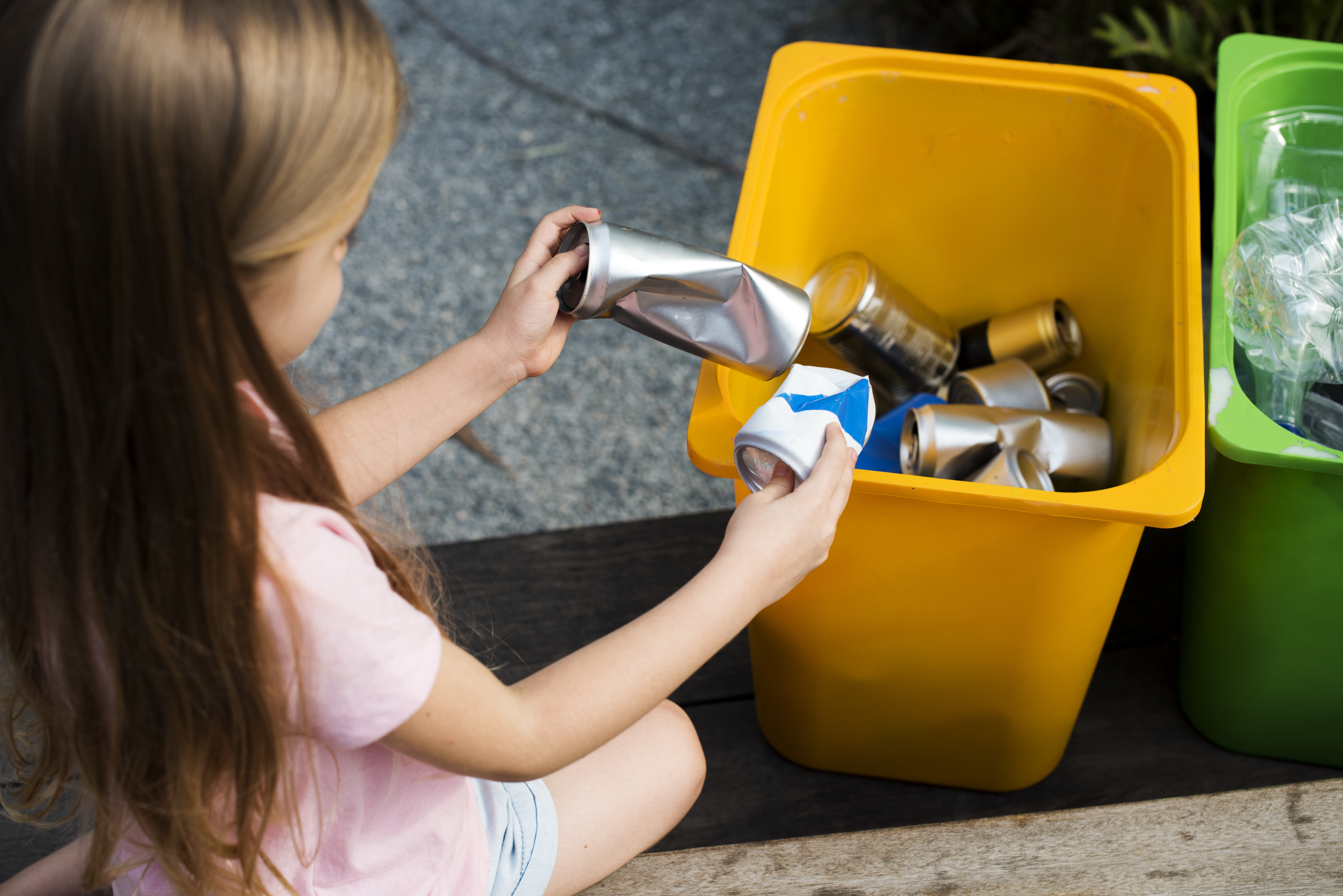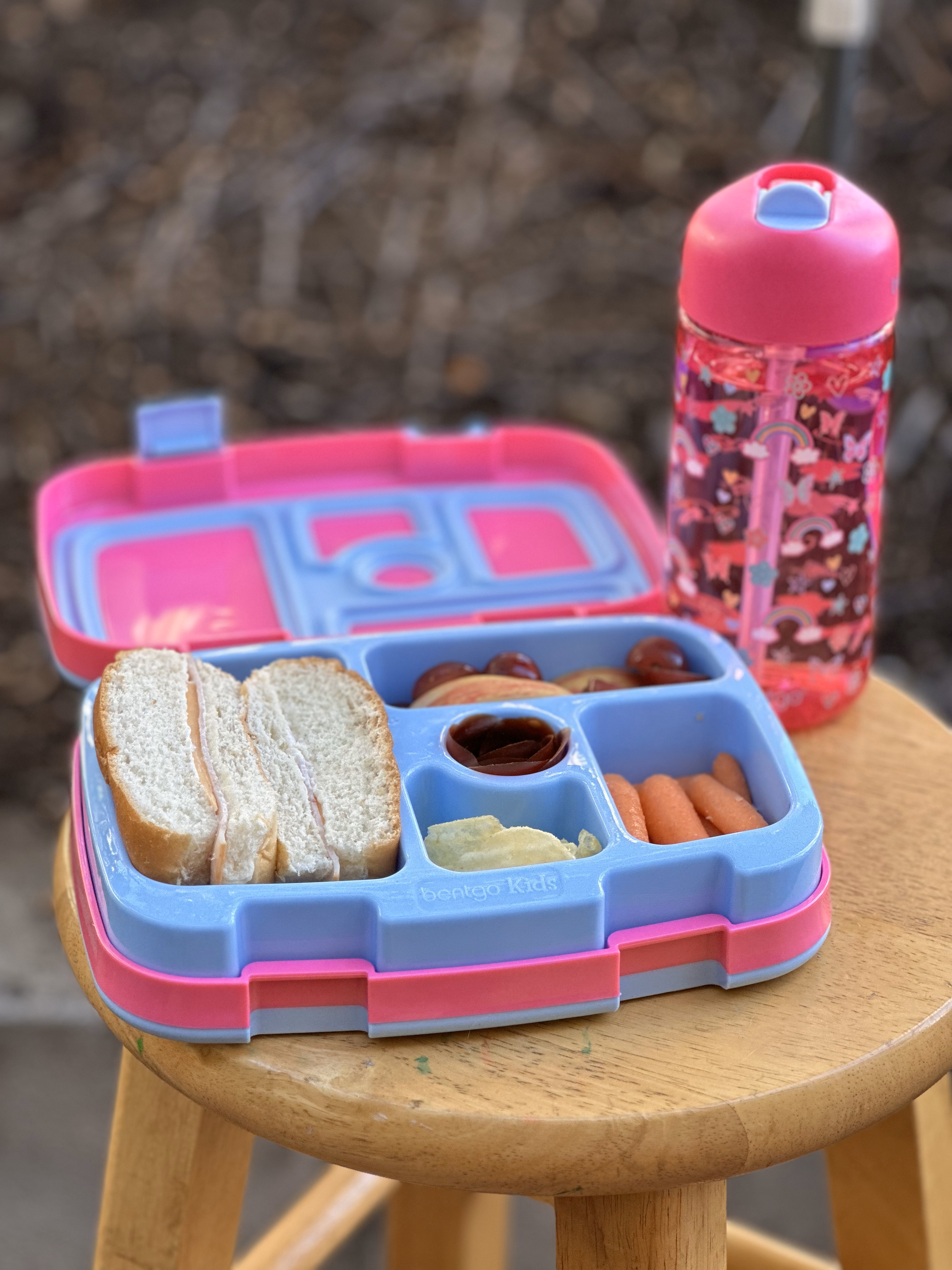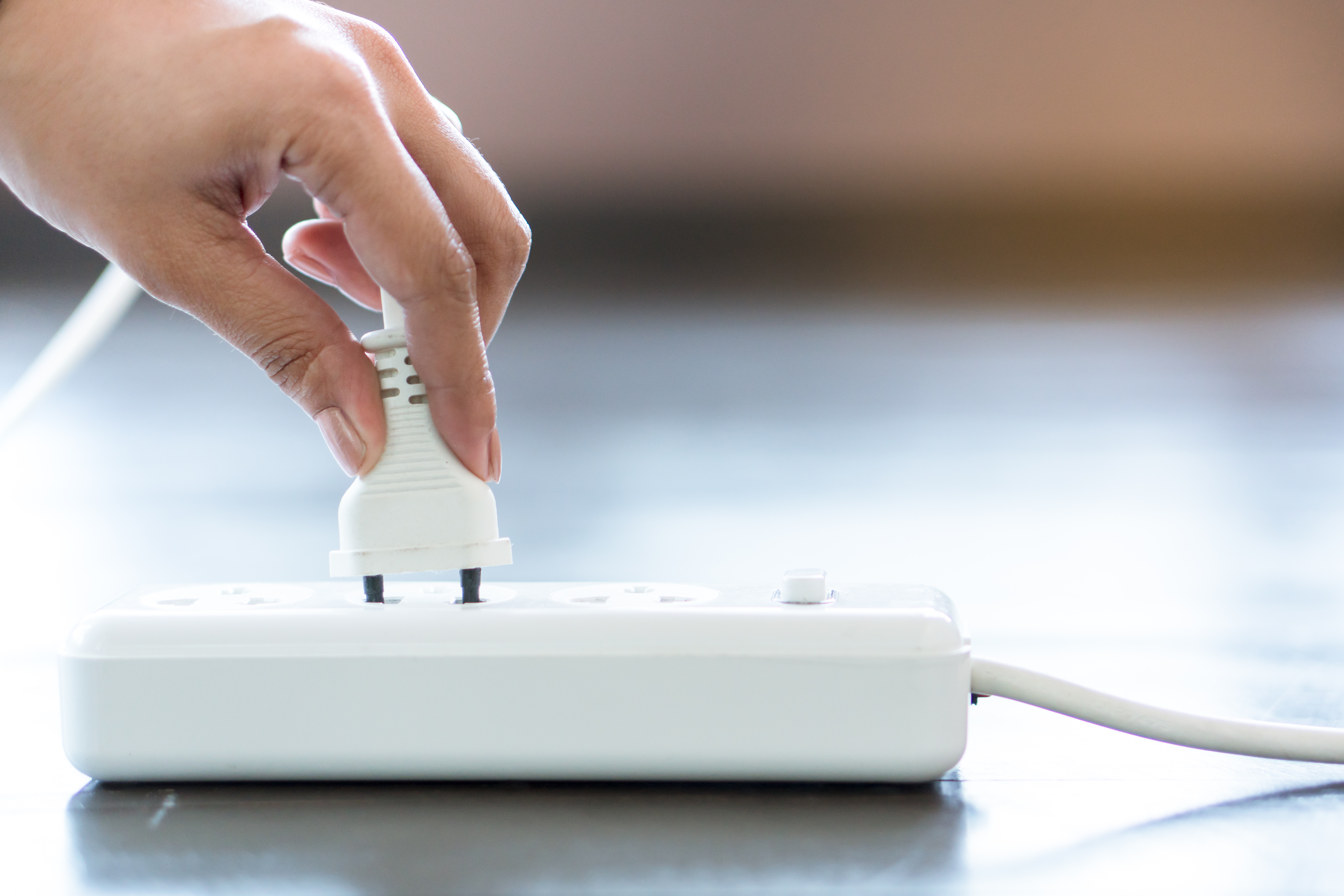
Sustainability isn’t limited to our homes; it reaches every aspect of our lives. As we strive to incorporate eco-friendly practices into our daily routines, school is one place where you can make numerous simple and practical changes to become more sustainable. From recycling paper to carpooling or using public transportation, every action makes a difference. These actions may seem small, but they can make a big impact in reducing storm water pollution and the overall health of our local waterways and oceans.
Here are five easy tips for fostering sustainability at school:
Implement Recycling and Composting Programs
If you’re looking for a way to make a big difference, consider working with your school to set up recycling bins throughout the premises for paper, plastic, glass and aluminum. You can also establish a composting systems for food waste in the cafeteria to reduce the amount of organic waste sent to landfills. Reducing the amount of items in our landfills will lower the chance of rubbish finding its way into our storm drains and storm water system.

Use Reusable Water Bottles and Lunch Containers
Replace single-use plastic bottles with reusable bottles to minimize waste while staying hydrated. Similarly, aim to pack homemade lunches with reusable containers, utensils and cloth napkins. Using these reusable items will help lower the amount of trash that could possibly end up in our waterways.

Utilize Public Transportation or Carpool to School
Reduce carbon emissions and traffic congestion by catching a ride with a friend or taking the bus to school. Another great option is to use electric vehicles when possible. Even if you don’t have an electric car, electric scooters and bikes are a great way to get to work or school while reducing emissions at the same time.
Use Refillable Pens
In the United States, approximately 1.6 million disposable pens are discarded each year, which end up in landfills and sometimes waterways. Use refillable pens instead that allow you to replace the ink as needed.
Unplug
Always unplug cords and turn off electronics that are not in use. This includes powering down computers, unplugging electronic devices and turning off unnecessary lights. Energy conservation reduces air pollution and helps preserve natural resources. Even electronics that are on standby can consume energy. Conserving energy can help lessen the amount of carbon dioxide that enters the atmosphere. Much of the carbon dioxide in our atmosphere is absorbed by the ocean, leading to ocean acidification.

Sources:
Green America: How to Green Your College Experience
